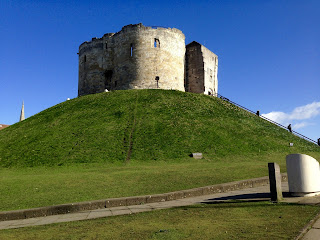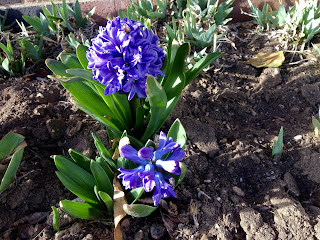There is a lot of sadness and heartbreak in our personal lives and in our world. A friend dies of cancer; a marriage breaks up; another friend becomes victim to Lou Gehrig’s disease; a mother struggles with her teenage son hooked on drugs; a husband and father of three can’t overcome his addiction to alcohol; a father or mother dies. These are the personal, close-to-home tragedies of life not just in the lives of our friends, but in our own lives, that wound us deeply and bring us sadness and pain. Most of us live with a broken heart.
I know I am not alone in what I experience. All of us have our own sadness, all of us know the broken heart, and if you haven’t experienced it yet, you will! There are two types of people in this world: those who have experienced pain, hurt, sadness and loss, and those who will experience these things. We just cannot escape these happenings that jolt us out of our familiar life patterns and force us into becoming members of the fellowship of the wounded. Loss, sadness, grief, disappointment, personal mistakes and failures, all of these are universal experiences.
How does our faith fit in? The Christian faith teaches that we have one another for support in difficult times (we are called to love one another) and that there is One who can bring light out of darkness and enable us to live with a broken heart and wounded spirit. This One is the God the Apostle Paul called, “The God of comfort.” God does not protect us from the wounds of life, but in such times our faith says that God is with us in it (whatever it is). Faith in God does not make life easy, rather it makes us great enough for life. Faith does not give us an escape from life’s suffering and heartbreaks, but rather the strength for meeting it and living with it when it comes.
The Passion of Christ makes plain two facts: first, in this world even the innocent are not exempt from suffering, and secondly, there is a God of comfort who can help us rise above our sadness, our grief, and our wounds. Broken hearts and wounded spirits are not so much healed as they are resurrected into a new understanding of life.
 |
| Monterey, California |


















